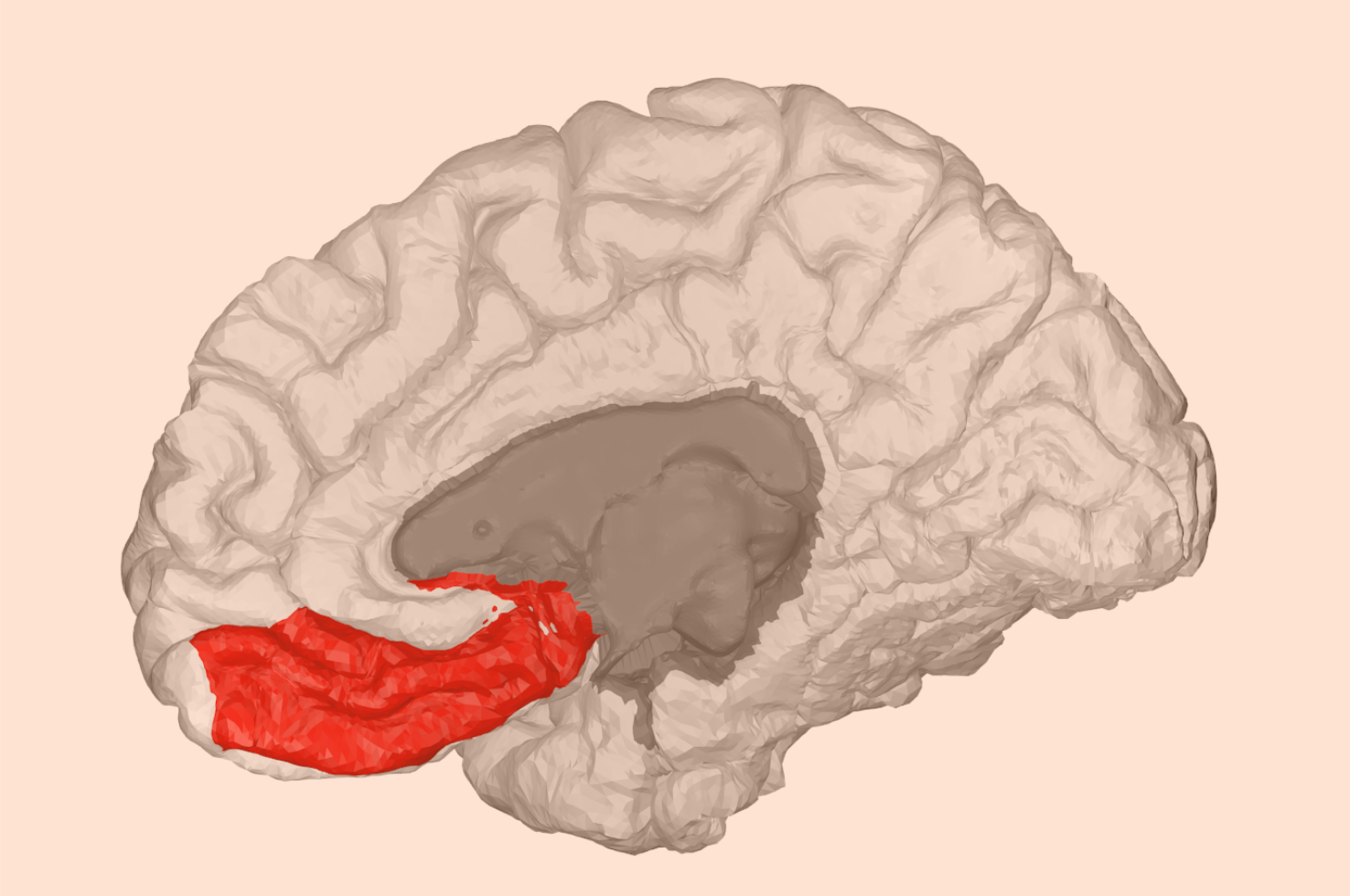Biological Psychiatry: Cognitive Neuroscience and Neuroimaging: μ Opioid Antagonist Naltrexone Partially Abolishes the Antidepressant Placebo Effect and Reduces Orbitofrontal Cortex Encoding of Reinforcement

Clinical trials intended to aid in the development of effective antidepressant medication has been hindered by antidepressant placebo effects. These effects may involve cortical and subcortical endogenous opioid signaling, yet the mechanism through which opioid release affects mood remains unclear.
In a recent Biological Psychiatry: Cognitive Neuroscience and Neuroimaging paper, Pitt Psychiatry investigators including corresponding author Marta Peciña, MD, PhD (Assistant Professor of Psychiatry), and senior author Alexandre Dombrovski, MD (Associate Professor of Psychiatry), investigated the role of the orbitofrontal cortex—which is rich in μ opioid receptors and integrates various attributes of a stimulus to predict associated outcomes—in placebo effects.
Twenty study participants with major depressive disorder completed a randomized, double-blind, placebo-controlled crossover study of one dose of μ opioid antagonist naltrexone—or placebo—immediately before completing two sessions of a functional magnetic resonance imaging task that manipulates placebo-associated expectancies and their reinforcement while assessing expected and actual mood improvement.
“We hypothesized that the mu-opioid system would support the formation of Pavlovian cue–reward associations underlying antidepressant placebo effects, particularly in the orbitofrontal cortex (OFC). As such, OFC-mediated antidepressant placebo effects would be blocked using m-opioid antagonists, as demonstrated in the field of placebo analgesia,” said Dr. Peciña.
Results from the study revealed that participants selectively credited the placebo for positive experiences. Both components of the antidepressant placebo effect were reduced in severe depression. Furthermore, the interplay between prior expectancies and reinforcement learning on participants’ mood were partially abolished by naltrexone. In addition, the dorsolateral/ventrolateral prefrontal cortex coactivated with the dorsal attention stream regions in response to placebo expectancies and appeared to attenuate the antidepressant placebo effect. By contrast, μ opioid–modulated responses to reinforcement in the central orbitofrontal cortex appeared to enhance the antidepressant placebo effect.
“The central orbitofrontal cortex receives information about both our internal states such as mood and external stimuli such as medication, which is why we think it plays a key role in the antidepressant placebo effect,” said Dr. Dombrovski. “An intriguing and unexpected finding is that lateral prefrontal responses to the medication stimulus reduced the placebo effect, suggesting that deeper cognitive processing of one’s experience may undermine it.”
μ Opioid Antagonist Naltrexone Partially Abolishes the Antidepressant Placebo Effect and Reduces Orbitofrontal Cortex Encoding of Reinforcement
Peciña M, Chen J, Lyew T, Karp JF, Dombrovski AY.
Biological Psychiatry: Cognitive Neuroscience and Neuroimaging. 2021 Mar 6;S2451-9022(21)00055-0. doi: 10.1016/j.bpsc.2021.02.009. Online ahead of print.
